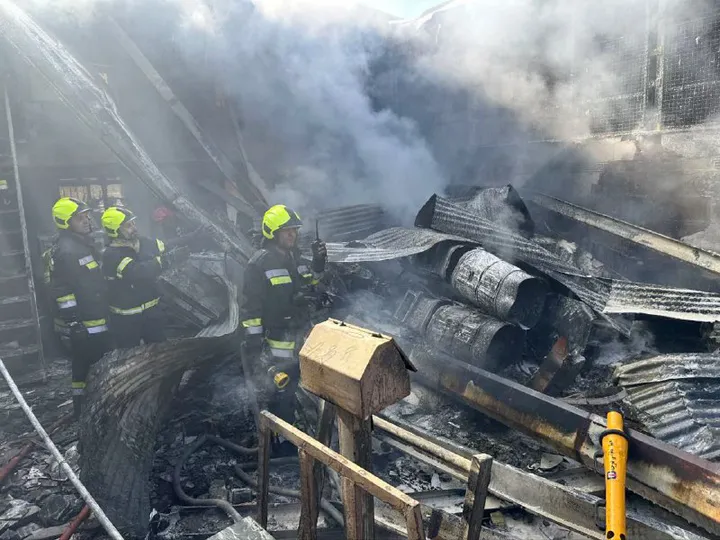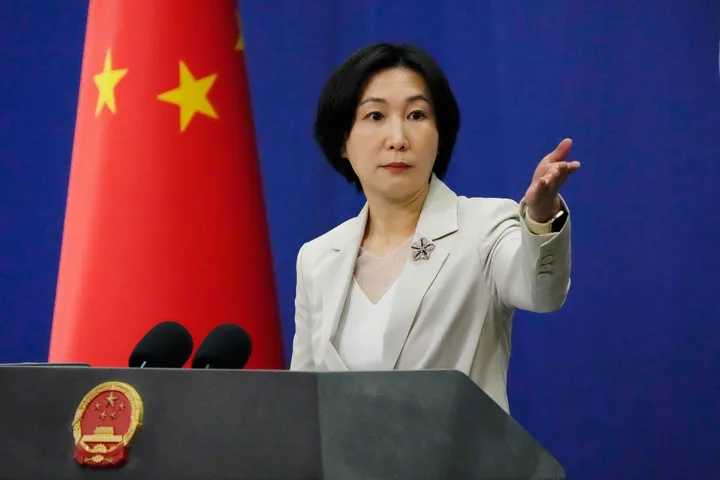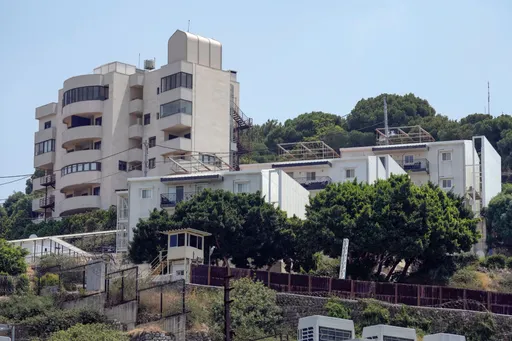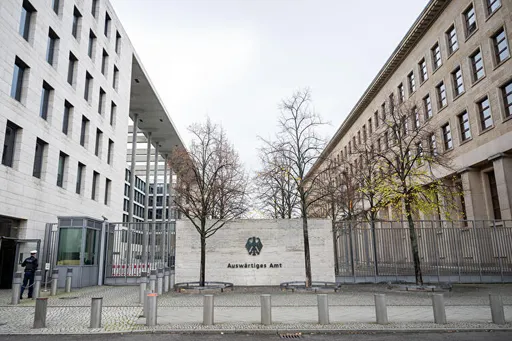On July 25 a, frankly, disturbing report was released highlighting the true plight and pain of domestic workers in Lebanon, with a particular focus on the Ethiopian community in the country.
The Addis Standard exposed criminal activity in several Lebanese homes that employ Ethiopian domestic workers. These women generally migrate at relatively young ages, between 18 and 30 or so, to provide financial support to their families through remittances. The Kafala system (a system used to monitor migrant labour in several Arab countries), and racism in Lebanese society, has led to numerous cases of abuse, and in some cases, so severe that these young women commit suicide.
The Lebanese government, as well as the Ethiopian authorities in Lebanon, have made matters infinitely worse through their inaction and at times, complicity. The crimes specifically cited include physical abuse, withholding salaries, (very common) not allowing these days off, quite literally imprisoning them, and often controlling their communication to their abroad. Two of the documented cases contained particularly harrowing details.
First, a very young woman, Tigist Belay, 19, working in Jounieh, a predominantly Christian area, committed suicide after enduring severe abuse from her Lebanese employers, one of whom was a retired Red Cross employee and his wife.
Her brother reports that at the beginning of her employment they were regularly in contact and she was able to send remittances to her family in a scheduled manner. The contact between the two became more infrequent and eventually vanished.
Her pay was withheld, she was not allowed to leave, and her phone calls were brief, monitored and controlled by her employer. The last time she spoke to her brother she was in tears fearing for her life. Three days later, she was found dead in a suspected suicide.
Belay's eldest sister tried to contact her upon hearing the news by sending several Whatsapp messages to her sister's employer. The report confirms reading these messages on the device and validating the conversation.
“In a cold, hostile tone lacking any sympathy, Leda [employer] responded to Emebet [sister] one last time. “Don’t call this number again,” she begins with a warning. “We cared for Tigist and treated her like family. She suddenly decided to drink a cleaning agent and kill herself. This is not our problem. Don’t call us again.”
After sending this message, Leda blocked Emebet from responding to her on WhatsApp.
Another case involved a young woman who jumped from a 5-story building – she was employed by a former officer of the Lebanese army. The embassy has been repeatedly called on to investigate and at the very least they are stalling. As of yet no criminal charges have been filed.
This year alone, there have been at least four high profile cases where women lost their lives after living in what can only be described as a form of slavery.
If this is not enough proof that the Kafala system creates horrific conditions there are two more cases that should convince Lebanese society to ditch the system.
Another population fresh on the chopping block are the Palestinians. The Palestinians in Lebanon live under some of the harshest and most hostile social conditions. Aside from an inhumane lack of civil rights, as well as discrimination against them, the country has re-birthed an old policy on labour permissions in the country. This ultimately means that the government and her agencies are working to push Palestinians out of the little work they find outside of camps.
The justification for this is that the number of illegal workers is on the rise and it is the responsibility of the employer to fill in the required paperwork correctly. However, many, if not most, Palestinians face major difficulties in this process, which is why they were previously exempt.
The undertone of this move is clear – when it comes to labour, Lebanese should be preferred. This has spurred Palestinians into holding widespread protests across the country’s twelve camps. They are still protesting the restrictions on the domains they can work (around 20 sectors).
To top it off, the government recently issued a statement that Palestinians with a Jordanian passport (this means that no national ID number is issued preventing Palestinians from voting and obtaining a driver’s license) are no longer allowed to enter the ‘republic.’ Many suspect that this is because they do not want them joining protests against the Ministry of Labour.
While this move hits employers more than employees, it creates a new and deeper reluctance to hire foreign labour. The crackdown began after the Minister for Labour allowed for a one-month leniency period for correct paperwork to be filed. After it expired more than 600 businesses were fined for working with Syrians and Palestinians.
But this move seems to be directed towards Syrian refugees in an attempt to strong-arm them to return home.
Rana Makki, a Palestinian researcher and activist, explains the standard perception: “It's clear that they're clamping down on Syrians because they want to send them home. But where would we go? We were born here and have no land to return to.”
The Syrian population also faces an uphill task in dealing with the state as they face forceful expulsion even if they possess paperwork and residency permits. The Lebanese military is razing down hand-constructed houses built and occupied by Syrian residents. However, it is unlikely that these brutish moves will force the return of Syrians, rather it will likely force them into the grey, or black, labour markets.
The Lebanese Foreign Minister explains the Lebanese stance best and highlights how little hope there is.
“It is normal to defend the Lebanese labour force against any other foreign labour, whether it be Syrian, Palestinian, French, Saudi, Iranian or American, the Lebanese come first!”























